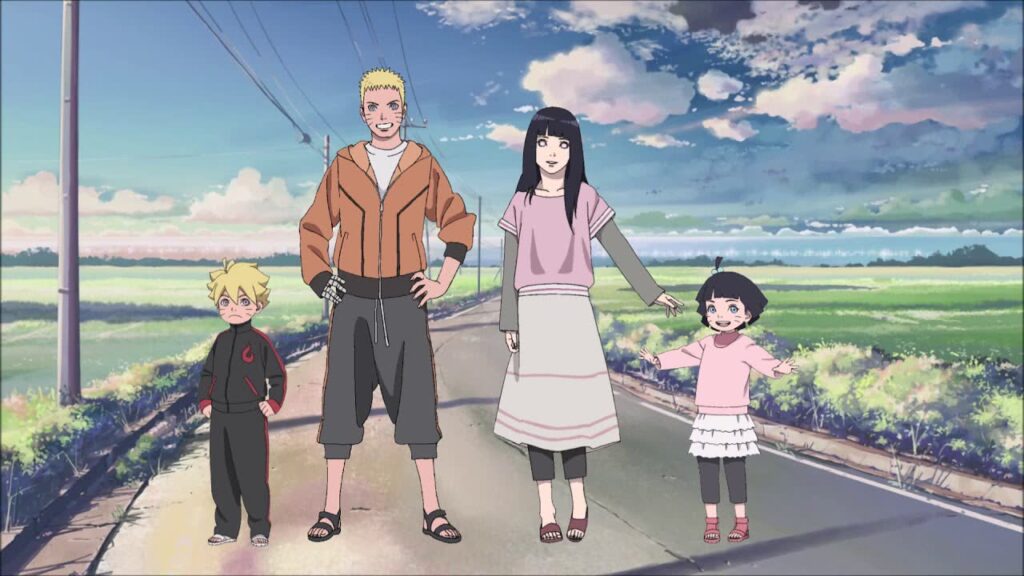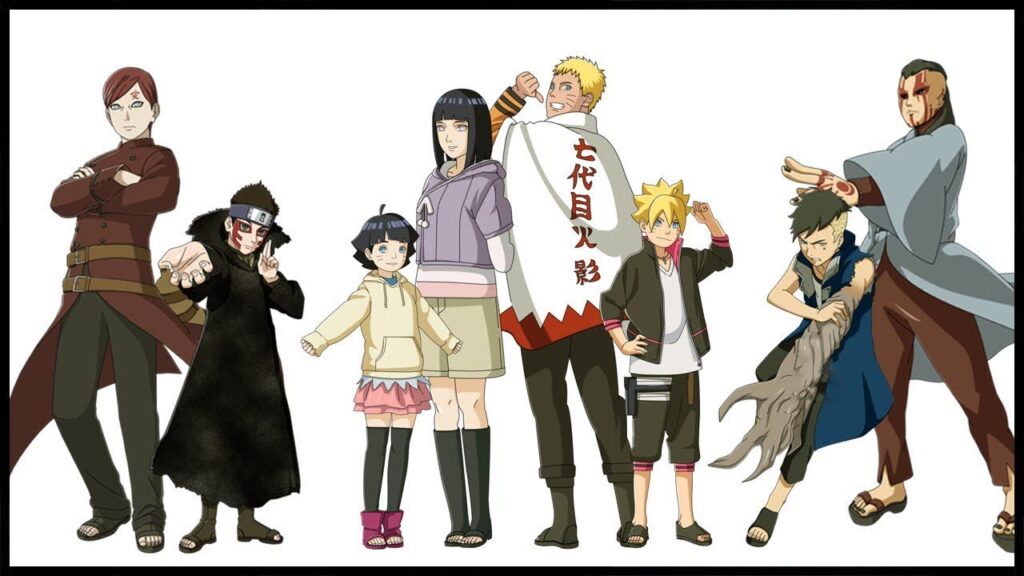Boruto: Naruto Next Generations is a sequel to the popular anime series Naruto. The show follows the story of Naruto’s son, Boruto, as he navigates his way through life as a young ninja. Naruto was known for its focus on the importance of family, and Boruto continues that theme. This article will explore how family plays a crucial role in Boruto and how Naruto’s legacy shapes the next generation.
From the very beginning, the importance of family is evident in Boruto. In the first episode, we see Boruto’s relationship with his father, Naruto, strained. Boruto feels neglected by his father, who is always busy with his duties as Hokage and rarely spends time with his family. This sets the stage for the importance of family throughout the series. Boruto’s relationship with his father is a central theme, but it’s not the only one. The show also explores the relationships between siblings, friends, and even villains and their families.

One of the most prominent examples of the importance of family in Boruto is the Uzumaki family. Naruto’s family is central to the show, and we see how the legacy of the Uzumaki clan affects Boruto and his family. Naruto’s parents died when he was young, leaving him without a family. This has had a profound impact on Naruto and his desire to create a strong family of his own. Naruto’s determination to protect his family is a driving force in the series.
Boruto’s relationship with his sister, Himawari, is also explored in the show. Himawari is younger than Boruto, and he often sees her as a nuisance. However, as the series progresses, we see how much Boruto cares for his sister and how protective he is of her. This relationship shows how siblings can have a significant impact on each other’s lives, even if they don’t always get along.

The show also explores the relationships between friends and their families. Boruto’s friends, Shikadai and Inojin, both come from families with strong legacies. Shikadai is the son of Shikamaru, a fan-favorite character from Naruto. Inojin is the son of Sai, another character from Naruto. Both Shikadai and Inojin struggle to live up to their families’ expectations and carve out their own paths. These relationships show how a family legacy can be both a blessing and a curse.
The importance of family is not limited to the protagonists of the show. The villains in Boruto also have complex relationships with their families. One of the most prominent examples is Kawaki, a new character introduced in the series. Kawaki comes from an abusive family and struggles to find a place where he belongs. His relationship with Naruto and his family is central to the plot, and we see how Naruto’s legacy of protecting his loved ones influences Kawaki.

Naruto’s legacy is a significant theme in Boruto. Naruto was known for his determination to protect his loved ones, and that legacy is carried on in Boruto. Boruto struggles to live up to his father’s legacy, but he learns that he doesn’t have to be exactly like his father to make a difference. Naruto’s legacy also influences the other characters in the show. The importance of family and protecting those you love is a recurring theme throughout the series.
In conclusion, the importance of family is a central theme in Boruto: Naruto’s Next Generations. The relationships between family members, friends, and even villains are explored in the show. Naruto’s legacy of protecting his loved ones is a driving force in the series, and we see how that legacy shapes the next generation. The relationships between the characters show how family can have a significant impact on our lives and how we view ourselves. Boruto continues the legacy of Naruto and reminds us of the importance of family.
Follow OtakuAni on Facebook and Twitter for more updates on TV Shows, Dragon Ball Super, Anime, Movies, Games, and all Geek culture.




































